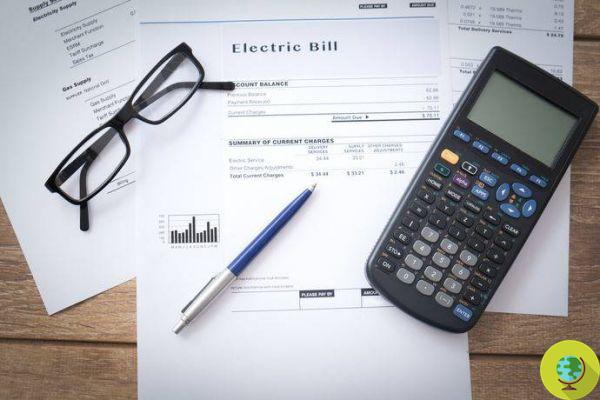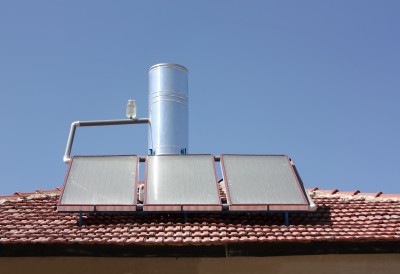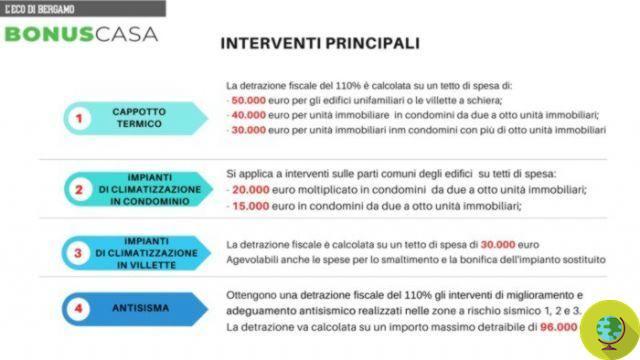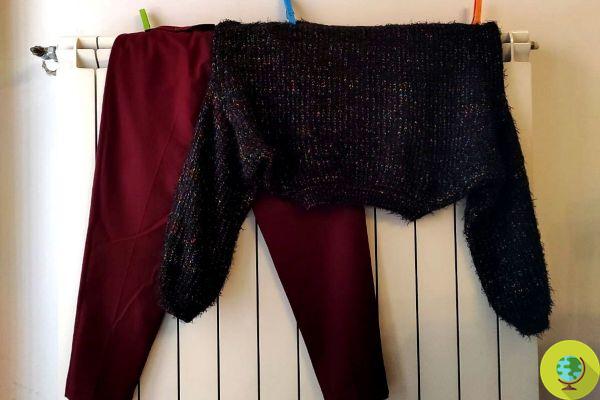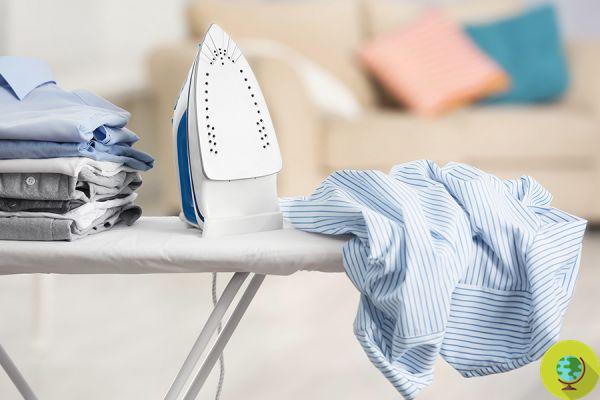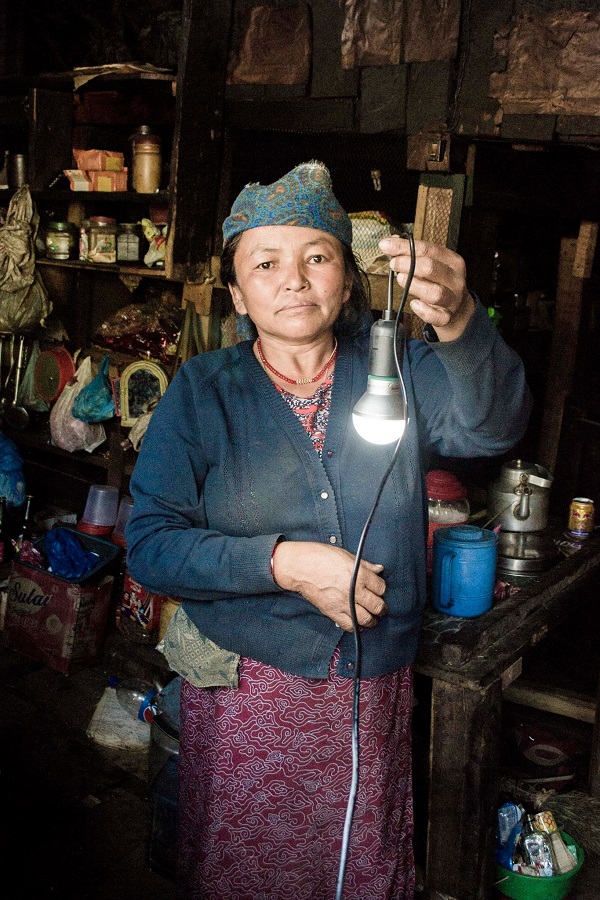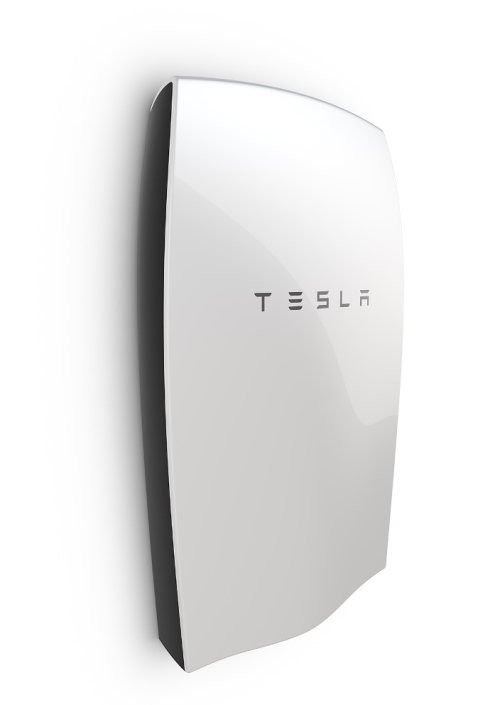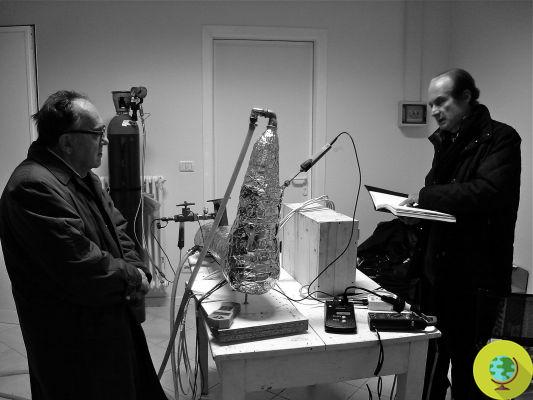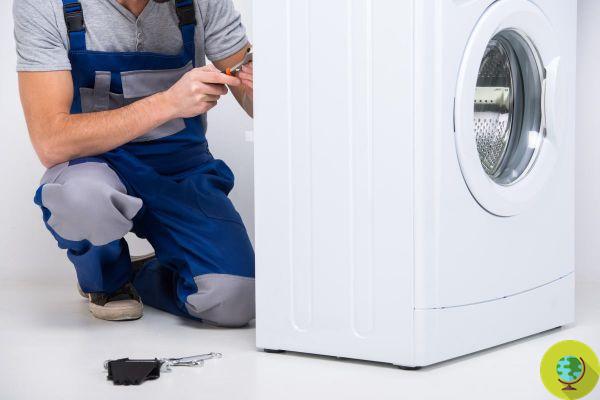
With the new labels, the Ecodesign directive is introduced, which among other things provides for the availability of spare parts for 7-10 years.
Repairability and recyclability requirements for refrigerators, washing machines, dishwashers and televisions: at the same time as the new energy label, for the four categories of household appliances the Ecodesign directive is also definitively introduced, which among other things provides for the obligation for manufacturers to make the majority of spare parts available for 7-10 years after the product is withdrawn from the market.
According to the new European directives, from now on the current scale from A +++ to G is replaced by a simpler one that goes from A to G (without the + symbol), with colors from green to red. Class A (ecological) appliances consume less energy, making them the most energy efficient. Class G appliances (red) consume more energy.
Read also: Planned obsolescence: Europe approves the right to repair for household appliances and technological products
Until March 18, vendors have time to introduce new labels for the first product groups, such as refrigerators, freezers, washing machines and washer-dryers, dishwashers, televisions and electronic displays. Older product models can still show the previous label but only until November 2021. Then they will no longer be able to be sold.
EU energy labeling rules also apply to some 'energy related products': goods or systems with an impact on energy consumption during use. The rules do not apply to second-hand products or to means of transport for people or goods.
In summary, this new classification system applies to the following product groups:
- refrigerators
- dishwasher
- washing machines
- televisions
- light bulbs and lamps
The first 4 product groups must have new labels from 1 March 2021. Bulbs and lamps must have new labels from 1 September 2021.
All products reporting the new scales will need to be registered in a new European Union product database (EPREL), which provides additional information and which consumers can access through the QR code shown on the new label. In this way, we will be able to compare information on costs and functional characteristics, or search for the most efficient products.
The right to repair and critical issues
A big step forward is also the entry into force, again from 1 March 2021, of the Ecodesign directive: for the four categories of household appliances, spare parts must be available for at least 7 years (with some parts of refrigerators, dishwashers and washing machines extended to 10 years minimum) from the date of purchase and generally up to the same number of years after the end of production of that model.
Basically, to promote repairability and thus to increase the life of appliances, several ecodesign measures aim to facilitate repair of products ensuring the availability of spare parts. In particular, it guarantees:
- that spare parts are available for a long period after purchase: minimum 7 years for refrigeration appliances (10 years for door seals); minimum 10 years for domestic washing machines and washer-dryers; minimum 10 years for domestic dishwashers (7 years for some parts for which access may be limited to professional repairers);
- that, during this period, the manufacturer ensures the delivery of spare parts within 15 working days;
- that spare parts can be replaced with commonly available tools and without permanent damage to the appliance.
Read also: Refrigerators, washing machines and TVs that are more repairable and less polluting. The new EU rules for household appliances
But, according to the various associations born precisely against planned obsolescence, there are still critical points to be evaluated. In the opinion of The restart project, for example, which with the European Environmental Bureau led the Right to Repair campaign, the Ecodesign directive for the four categories of household appliances still has some obscure points:
- the standard is applied only to new models of household appliances placed on the European market such as displays, washing machines, dishwashers and refrigerators, with specific rules on servers and welding equipment that came into force at the beginning of the year. Devices such as smartphones and laptops are not included
- Replacement parts are expected to be supplied within two weeks, plus regulations allow manufacturers to restrict access to repair manuals and spare parts for the first 2 years after a product launch
- in fact, the spare parts will only be available to "professional" repairers and therefore in this way the repair will only be entrusted to large companies, limiting the availability of repair centers
- moreover, the legislation does not touch the element of price of spare parts and allows the grouping of some spare parts: it would therefore happen that instead of replacing a defective part, repairers might be required to replace a larger and more expensive part
- Software: Manufacturers must first make the latest firmware, software and security updates available to professional repairers for the same amount of time they make replacement parts available. Although the details differ by product category, the regulation does not include specific requirements for manufacturers to continue updating software throughout the life of a product. This is a troubling precedent, especially at a time when devices are connecting to the Internet more and more.
Fonti: Europa EU / The Restart Project / Repair eu
Read also:
- The startup against planned obsolescence that gives a second life to electronic products
- Apple and Samsung fined for planned obsolescence by the Antitrust Authority. It is the first time in the world




